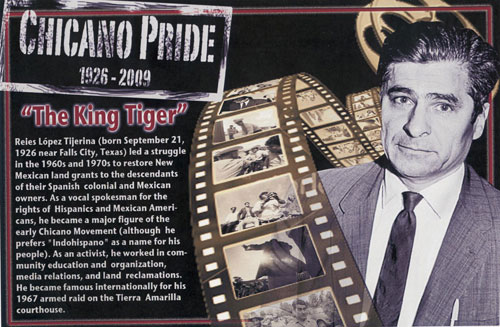CIUDAD JUAREZ, Mexico –They’re back, still tired, still poor, still yearning, huddling in line in the hundred-degree sun in the northern reaches of the Chihuahuan desert not far from the nearly dry cement ditch that splits the heart of a bicultural community into two alien political entities, El Paso to the north and Juárez to the south. Still tired, still poor, still yearning, on this fiery afternoon in early June several dozen men and one Maria linger in line outside the ground-floor office of Coordinación de Atención a Migrantes at city hall, an office Juárez mayor Jose Reyes Ferríz opened last November to orient repatriated migrants and keep them safe from an established industry of cheating money changers, hookers and other swindlers. This modest and very transitory halfway-haven, a single room with two cubicles, a dozen chairs and two telephones on a corner table, welcomes the disoriented deportees back, gives them temporary identification papers, lunch money and a bus ticket away from the preying lure of Juárez, away from the tempting border, further down into Mexico, back to their home towns. The faces in the queue are not waiting faces. Tired eyes tighten into lizard eyes in faces that strain to make an effort to look for cover in case they need shelter.
